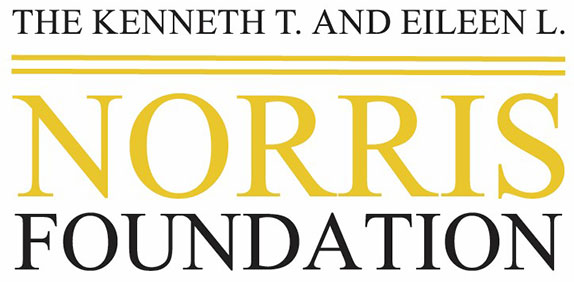Please note, on July 2, the Museum will close at 3:00 p.m. for a private event.
A Conversation With Dennis McNally: Music and Race in the 20th Century
Author Dennis McNally received his PhD in American history from the University of Massachusetts at Amherst in 1977 for a biography of Jack Kerouac, published under the title Desolate Angel: Jack Kerouac, the Beat Generation, and America. He became the Grateful Dead’s authorized biographer in 1980 and the band’s publicist in 1984. In 2002, he published the New York Times bestseller A Long Strange Trip: The Inside History of the Grateful Dead. In his new book, On Highway 61: Music, Race, and the Evolution of Cultural Freedom, McNally explores the significance of African-American music in the evolution of cultural freedom by examining the historical context and the deeper roots of mainstream America’s cultural and musical progression. This engaging history begins by reviewing the social legacies of Henry David Thoreau and Mark Twain and their work as centered on the American ideal and the concept of freedom. As the first post-Civil War generation of black Americans came of age, they introduced into the national culture a trio of musical forms—ragtime, blues, and jazz—that would, with their derivations, dominate popular music to this day. Maturing at the hands of Louis Armstrong, it would soon attract a cluster of young white musicians such as the Austin High Gang, who fell in love with black music and were inspired to play it themselves. The next generation of African-Americans introduced bop, rhythm, and blues, and each would develop white followers like the Beat writers and the first young rock ‘n’ rollers. Because of the ongoing relationship between white, often young, Americans and African American culture, the theoretical separation in American music would begin to disappear. This biracial fusion would ultimately attain its highest achievement in the early work of Bob Dylan, born and raised at the northern end of the same Mississippi River and Highway 61 that had been the birthplace of much of the black music he would embrace. Please join us for a special discussion and Q & A panel about the book with McNally, moderated by journalist Steve Hochman.
Related
Events
No programs scheduled. View the full list of upcoming programs
View All
Events
Subscribe
Please provide a valid email address
Please select at least one option above
Thanks for subscribing!






















